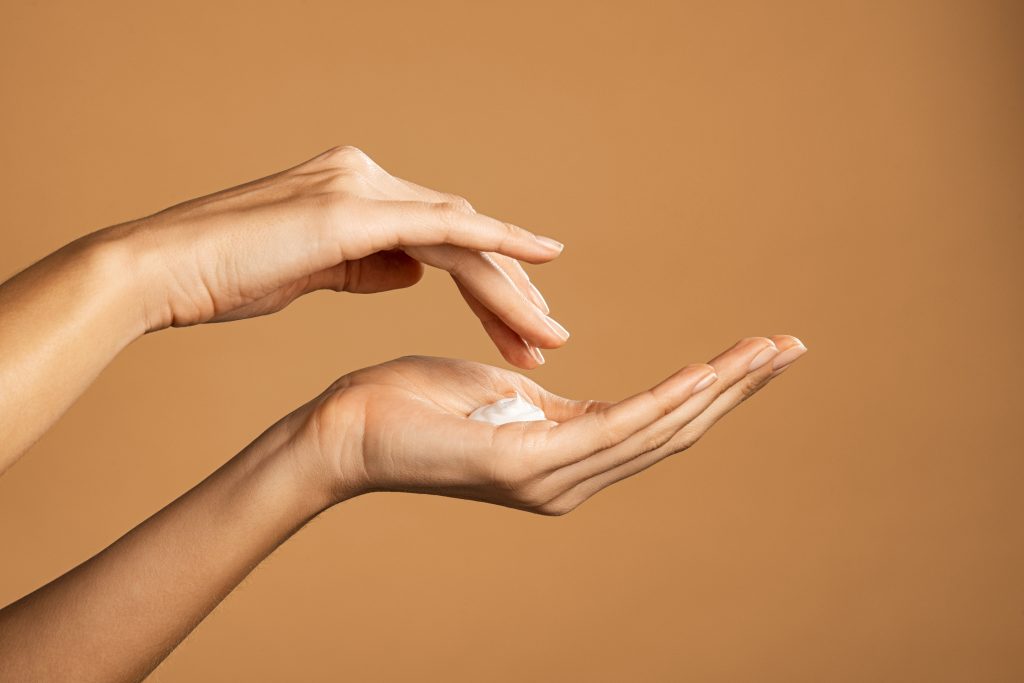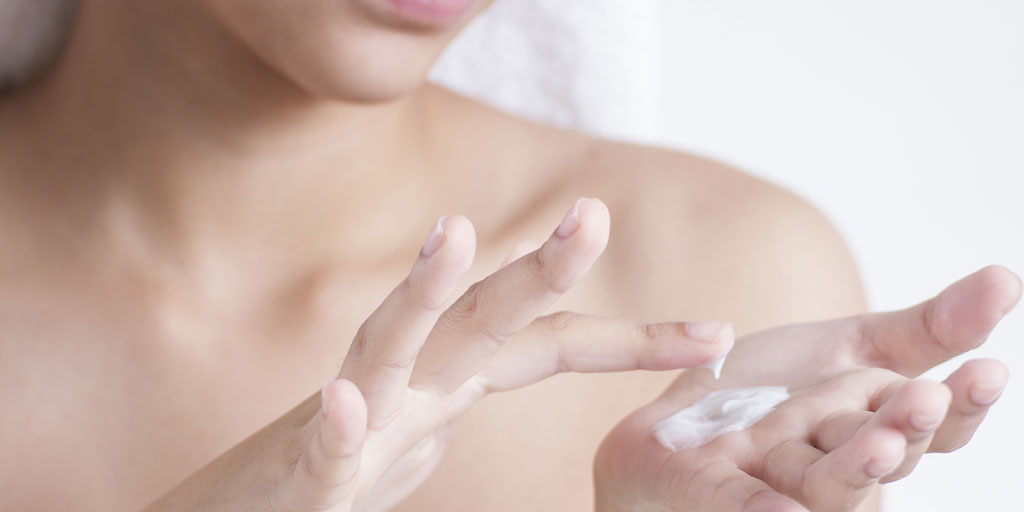Vaginal Tightening Gels: Do They Work?
Posted By:

Dr. Michael Coyle, DO FACOOG, FPMRS
Vaginal tightening gels such as V-Tight claim to be a miracle cure for women who feel as though their vaginas have lost their tone or tightness. And, after using them, you may even think, well, that does feel different, but different isn’t “tighter” – and in many cases, it could be hazardous to your vaginal health.
How Do Vaginal Tightening Gels Claim to Work?

Some vaginal tightening gels such as V-Tight Gel claim that potent astringent properties can heal a wide range of vaginal health issues, from curing or reversing vaginal laxity and dryness to reducing discharge. These types of treatments will often tout ancient wisdom or claim exotic origins as part of their sales pitch. Heightened expectations, the placebo effect or even a more vigorous sex life to test the results, may give women who use them the impression that the gel is working, but analysis of these gels and their promises show that science does not back up their claims.
What Really Happens When You Use a Vaginal Tightening Gel?
What many of these gels do is dry out the mucosa that forms the vaginal lining, decreasing lubrication. Without lubrication, you will get more friction and stimulation, but not because your vagina is “tighter.” Eventually, this friction will become painful and can cause microtears and other tissue damage that leave the vagina vulnerable to infection and inflammation. Vaginal tightening gels may also cause temporary swelling of vaginal tissues, which could be interpreted as “tightening,” but those reactions are short-lived.

But, how can it hurt to try them if they have all-natural ingredients? Well, have you ever cut up a hot pepper, then, without thinking, rubbed your eye? Hot peppers are all natural, but that doesn’t mean it’s a good idea to rub them on your mucous membranes. All-natural ingredients can still be powerful irritants. Much in the way a pepper can irritate your eye, the “all-natural” ingredients of a vaginal tightening cream irritate the vaginal lining. Many actually list known irritants such as cinnamon, ginger, cocoa and capsicum as active ingredients!
Irritation is sometimes relieved by stimulation – like scratching a mosquito bite. But the satisfaction of friction on irritated tissues doesn’t mean that a gel has tightened your vagina. However, it does probably mean you should get checked out by your urogynecologist and make sure the irritation doesn’t become a more serious condition.
Since Vaginal Tightening Gels Don’t Work, What Are My Options?
Kegel pelvic floor exercises are an effective way to strengthen and tone your vaginal area, which can help reduce urinary incontinence and improve sexual satisfaction. Kegel exercises involve tightening the muscles of your pelvic floor in several sets of repetitions throughout the day. These are the same muscles used to stop urine flow.
If you do Kegels, your pelvic floor will be better able to support the vagina and surrounding structures; however, your pelvic floor muscles are not the same as the vaginal wall. Many vaginal tightening gels and even vaginal tightening pills recommend doing Kegels while using their products so you will feel some lasting result from this legitimate course of therapy.
Know your options and live the life you want.
Schedule an Appointment TodaydiVa® laser vaginal rejuvenation is another treatment option that can tighten a loose vagina and restore vaginal wellness without the use of other vaginal tightening products. This treatment narrows the vaginal canal by thickening the vaginal walls and the collagen structures that support and shape the vagina. This laser treatment penetrates the vaginal wall and deeper tissues to encourage the growth of new collagen structures that firm and “plump” the vaginal walls. The treatment also resurfaces the interior of the vaginal walls, triggering new, healthy tissue in the vaginal lining for better resilience and lubrication. diVa® can also help alleviate mild cases of urinary incontinence.
Learn more about diVa® Laser Vaginal Therapy
Vaginoplasty is a surgical solution that is usually considered for women who have experienced extreme stretching, muscle separation or tearing during childbirth. Laxity caused by the hormonal changes of menopause and aging can also be treated with vaginoplasty. This procedure surgically restructures the vaginal canal, so it is narrower and has better support. Vaginoplasty can also improve symptoms of urinary incontinence.
Don’t waste money and risk your vaginal health with unproven treatments. Schedule a consultation with the experienced and professional team at Coyle Institute. We will help you address your vaginal laxity concerns and find a treatment that works best for your body and symptoms.
